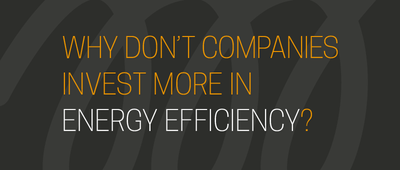Energy Charter Conference: a ministerial without ministers
(EurActiv, 14 Dec 2020) EU ministers attending the Energy Charter Conference on 16-17 December should work on the collective withdrawal from the ECT if other contracting parties oppose the phase-out of fossil fuels from the treaty’s binding provisions, argues Dr Saheb.
Dr Yamina Saheb is a senior climate and energy policy analyst at OpenExp, a Paris-based think tank, and a former head of the Energy Efficiency Unit at the Energy Charter Secretariat.
Most Europeans do not know much, if anything, about the Energy Charter Treaty (ECT). They should. The ECT is arguably the most powerful instrument working against Europe’s climate objectives and leadership. The European council has committed to reduce greenhouse gas emissions by at least 55% by 2030 and to ensure that EU “trade policy and its trade agreements are consistent with its climate ambition”.
This is only a start. Implementing the conclusions of the Council requires EU Ministers ending EU participation to the ECT and its regulatory chill when implementing the upcoming European Climate Law.
With the annual Energy Charter Conference being held this December, one would expect EU Ministers to be there. Their track record is not good. However, few rarely, if ever, attend. The agenda setting nature of the conference seems an important place to see how EU climate policies clash or dovetail with the ECT. The Conference takes place each December and is hosted by the contracting party to the ECT assuming the rotating chairmanship of the conference. The 2020 conference is hosted by Azerbaijan and next year’s conference will be hosted by Armenia.
External link
![]() EurActiv, 14 Dec 2020: Energy Charter Conference: a ministerial without ministers
EurActiv, 14 Dec 2020: Energy Charter Conference: a ministerial without ministers







